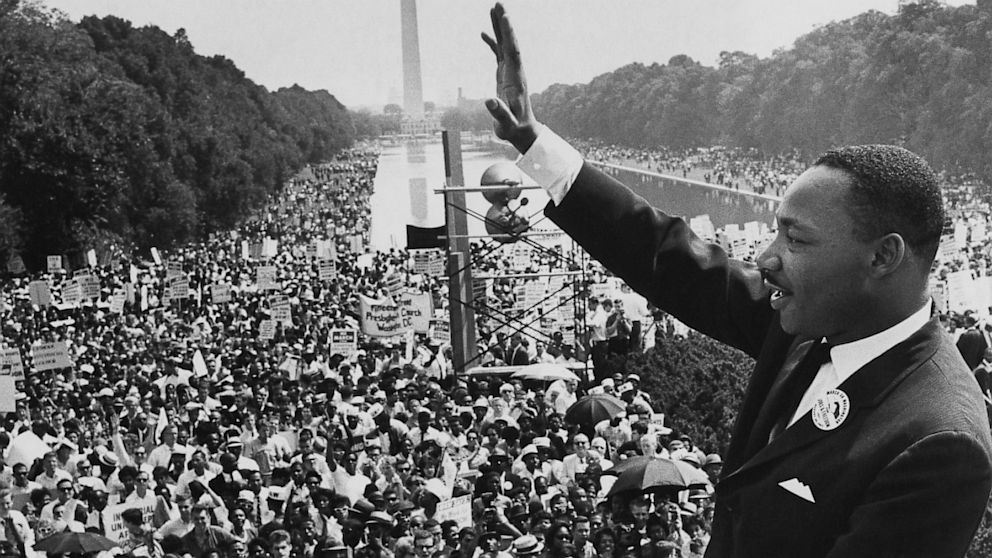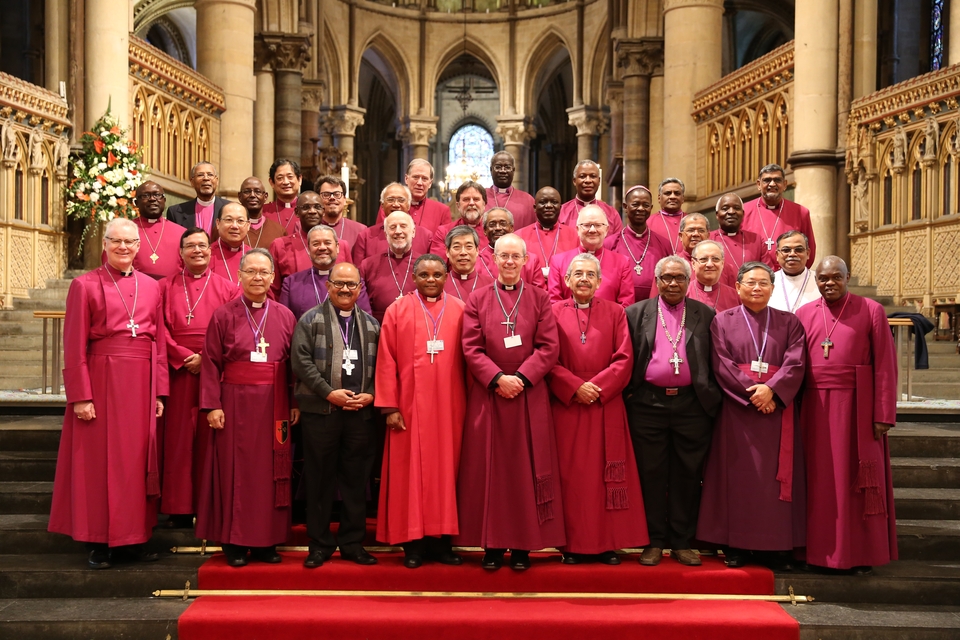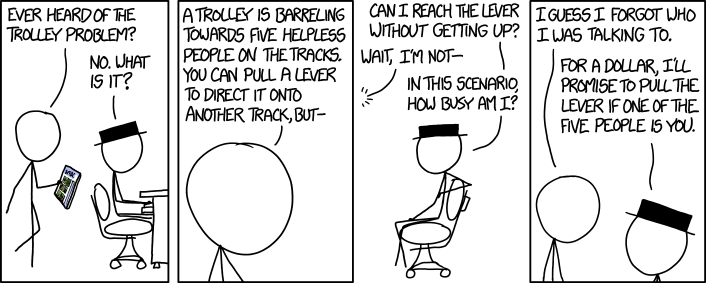 |
| At the 1963 March on Washington (ABC news) |
The death of Martin Luther King, Jr., occurred when I was a teenager. I admired his speeches but knew little else about him. He was part of the societal eruptions occurring on the Mainland, and wasn’t the FBI investigating him, and weren’t there rumors that he was a communist?
Race riots, the civil rights movement, Vietnam war protests, drugs, the Russo-Chinese axis, and finally the granddaddy of worries—nuclear war—all made for an unsettled Sixties. The murder of Martin Luther King in 1968, one of the most eventful years of the 20th century, was another sign of a very unstable world.
The world, of course, did survive the tumult, and with distance comes reflection and perspective. For me Dr. King is one of those rare individuals whose greatness has increased with the passage of time. His “I Have a Dream” speech is as compelling—and relevant—as ever, and his “Letter from a Birmingham Jail” is a soul-searching treatise on civil disobedience.
Only recently have I begun to appreciate its wisdom.
Dr. King's words, like the Bible, have been used by people to support opposing sides of various issues. Usually at least one side engages in cherry-picking; an honest reading
in context will likely make it clear where he would have stood.
For example, gay rights may be analogized to the battle against segregation.
An unjust law is a human law that is not rooted in eternal law and natural law. Any law that uplifts human personality is just. Any law that degrades human personality is unjust. All segregation statutes are unjust because segregation distorts the soul and damages the personality. It gives the segregator a false sense of superiority and the segregated a false sense of inferiority.
Another example: the hypocrisy of climate change celebrities and billionaires who use private jets and own multiple estates.
An unjust law is a code that a numerical or power majority group compels a minority group to obey but does not make binding on itself. This is difference made legal. By the same token, a just law is a code that a majority compels a minority to follow and that it is willing to follow itself. This is sameness made legal.
Martin Luther King, Jr.: something to like---and not like---for everyone.




































